Farming Programs
Providing a sustainable food source
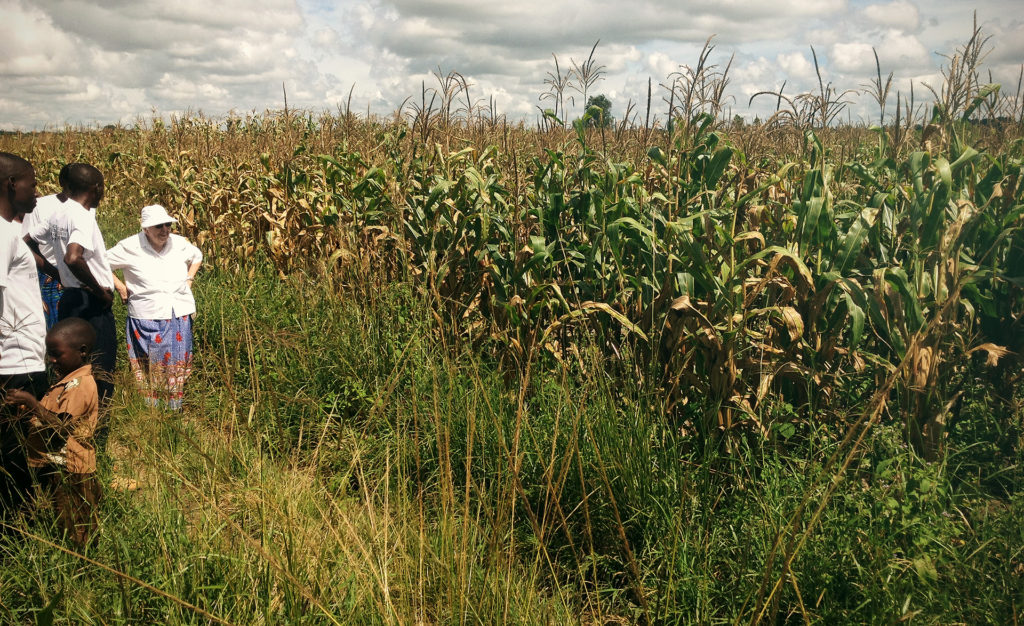
In Malawi, subsistence farmers make up 85% of the population and women produce 75% of the nation’s food supply. Households affected by HIV/AIDS (caring for orphans or ill relatives and neighbours) represent 64% of Malawi’s population. Extremely poor and vulnerable households struggle to survive with these additional burdens. Life expectancy is 55 years.
In light of these bleak statistics, the farming program is one of the central projects supported by the Foundation:
- Fertilizer and seed: The communities of Mnjale, Fuse and Chilundu practice subsistence agriculture, which is made more difficult by the poor quality of the soil. Every year, the Foundation sends funds for the purchase of much needed fertilizer and seeds for several gardens maintained by the grandmothers, aided by young volunteers from the villages.
- Emergency food relief: When the communities face a poor harvest, the Foundation also provides the grandmothers and children with emergency maize meal (the local staple food). The grandmothers have also received training in grain storage methods and nutrition.
Education Program
Empowering the next generation
“If you educate a man, you educate an individual. But if you educate a woman, you educate a nation.”
– African Proverb
The Theresa Foundation provides funding to support individuals to attend preschool, primary, secondary and post-secondary schooling in Malawi. For several years, the Foundation has funded the secondary education of girls who would not normally be able to afford it by providing tuition, books, school supplies, uniforms, boarding fees and transportation.
The Foundation is currently supporting the secondary education of 13 girls and 2 boys between the ages of 15 and 18 to attend local day schools and boarding schools.
The Foundation also supports the running of a kindergarten housed in Mnjale's Community centre for over 60 children from Monday to Friday, where they learn the alphabet, arithmetic, reading and are prepared for primary education.
To the right is a letter from one of the former students supported by the Foundation:
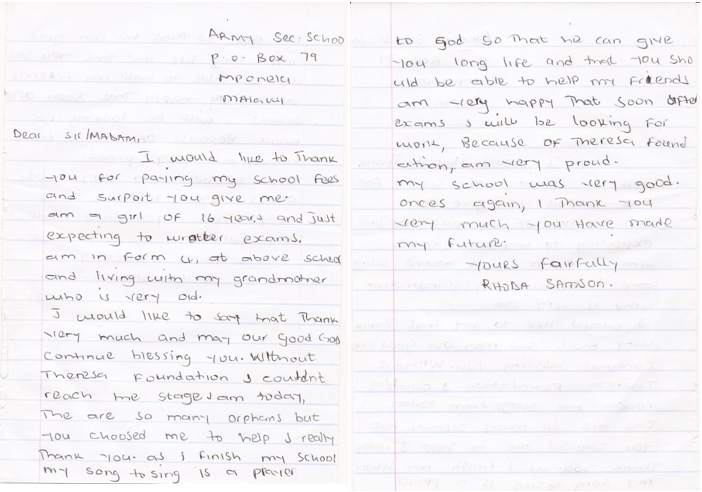
For more information on the importance of supporting the education of girls in the developing world please see the links below:
Health and Care
Providing the community with the necessities of life
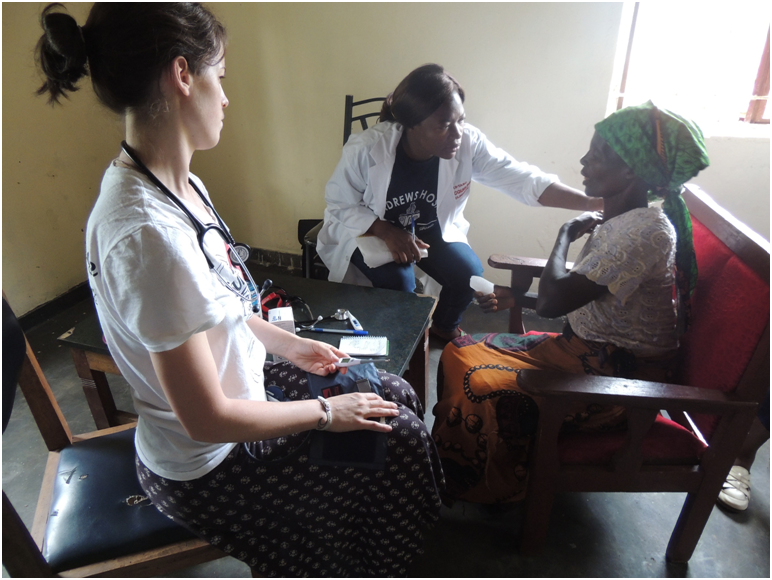
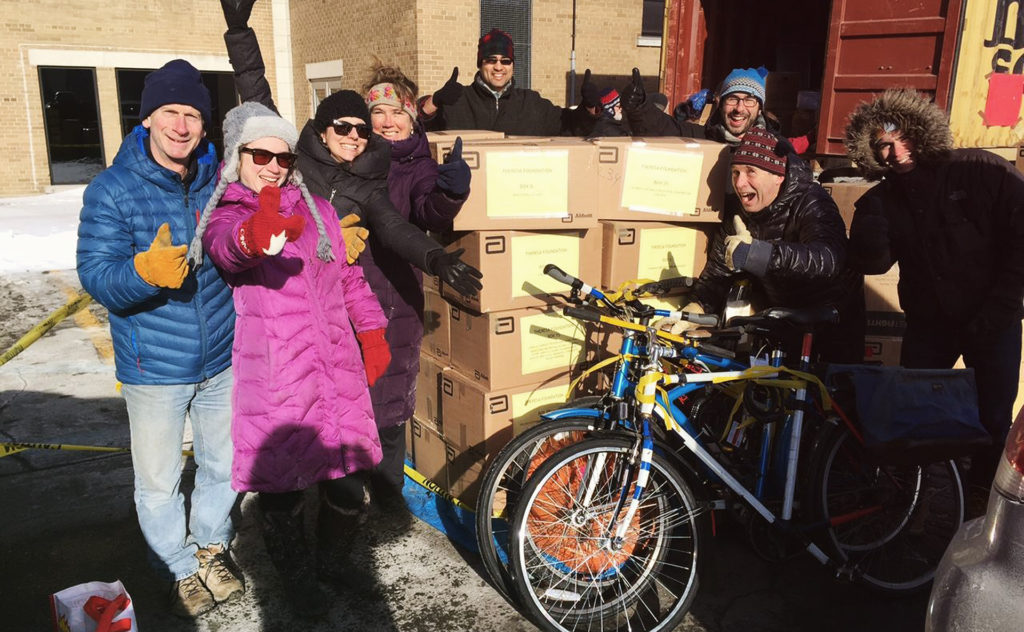
The Theresa Foundation supports a number of projects aimed at improving the health and overall care of the inhabitants of Mnjale, Fuse and Chilundu:
- Protein supplements for the children: As many as one-quarter of the three villages’ 250 orphans suffer from kwashiorkor syndrome, a form of malnutrition that occurs when there is a lack of protein in the diet. To ward off kwashiorkor and reduce the incidence of malnutrition among the children, the Foundation provides funds for the purchase of Likuni Phala (a fortified soya enriched flour) that is distributed to the children of the villages on a regular basis.
- Medical expenses and doctor visits: The Foundation provides funds for the grandmothers and children to access medicine in times of need and for a medical officer to visit the villages on a regular basis.
- Mobile clinic: In March 2017 and 2018, through the generosity of the Vanier Student Nursing Program, K2 TASO and Chilanga Community Clinic/Makupo Village, mobile clinics were held in Mnjale where their collaborative efforts allowed them to examine and provide treatment for over 300 patients experiencing a variety of aches and pains, malaria, diarrhea, hypertension and upper respiratory infections, among other health concerns.
- Clothing, blankets and other items: The Foundation provides funds for the purchase of blankets, clothing, clean eating utensils, pails, etc. for the grandmothers and children. In 2012 and 2016, the Foundation, partnered with other local non-profit groups from Montreal to send containers filled with medicine, school supplies, warm clothing, bicycles, and much more to the villages.
- Community Christmas dinners: The Foundation provides funds every year for a large festive holiday meal for the community.
- Visit to Lake Malawi: After learning that they had never been, the Foundation sent funds to allow the grannies to travel to Lake Malawi for a visit.
Infrastructure
Providing clean drinking water and shelter
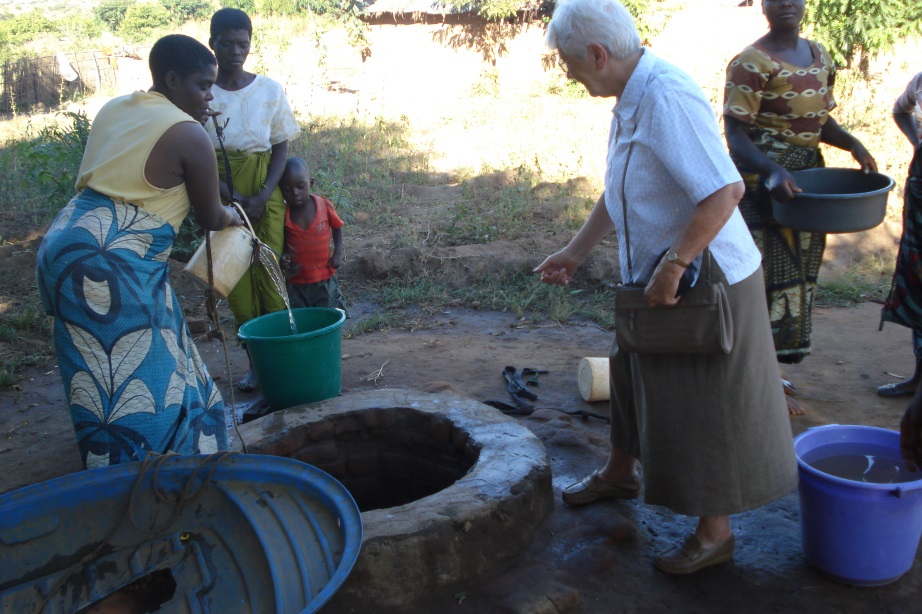
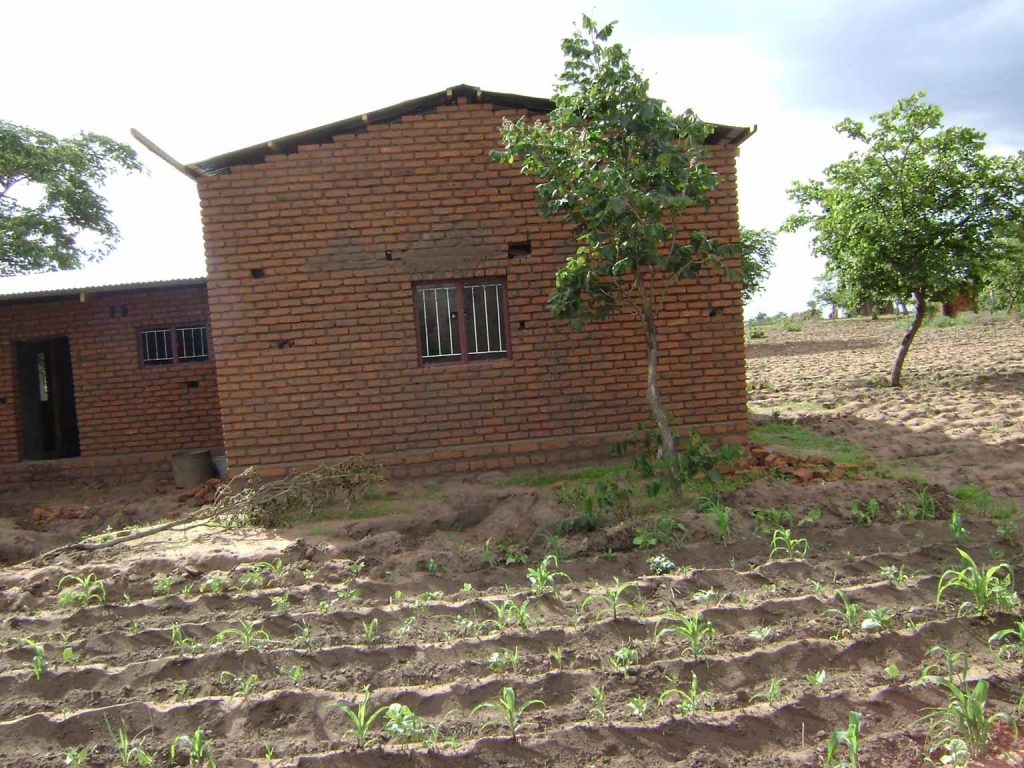
The Theresa Foundation also provides funding for larger infrastructure projects in the village of Mnjale, and its surrounding villages. These infrastructure projects have included:
- A community centre: In 2011-2012, the Foundation provided funds for the building and the electrification of a community centre in the village of Mnjale. Now, the community centre serves many important roles for the village, such as simply providing the villagers with a place to gather. When a grandmother is sick, the centre serves as a warm and dry place to keep her safe and cared for. In the rainy season, it sometimes serves as a place to store maize if necessary. As one of the only buildings with electricity in the village, it now serves as a place to go if any work needs to be done after dark. Most recently, it now houses a kindergarten every morning where the village children gather.
- A borehole well: In 2014, with the help of the funds raised by the Social Justice Club of Royal West Academy (a Montreal high school), the Foundation funded the construction of a borehole well in the village of Mnjale in order to provide clean drinking water to the villagers.
- House repairs: Every few years, the small huts belonging to the grandmothers in the villages of Mnjale, Fuse and Chilundu deteriorate and require repair. In August 2015, the Foundation sent funds for the purchase of plastic sheeting for rain-proofing the thatch roofs of the grandmothers’ huts.
